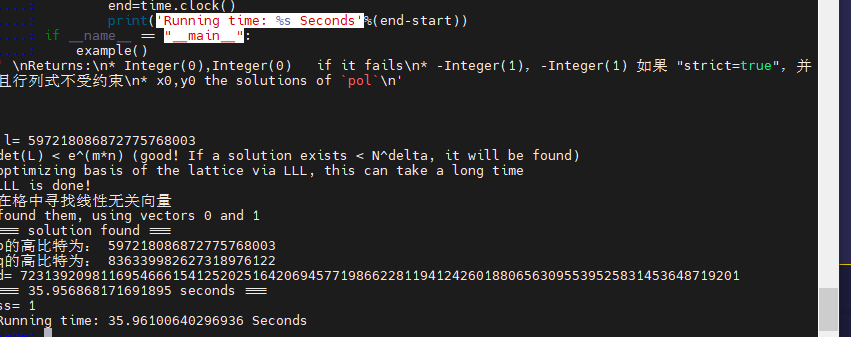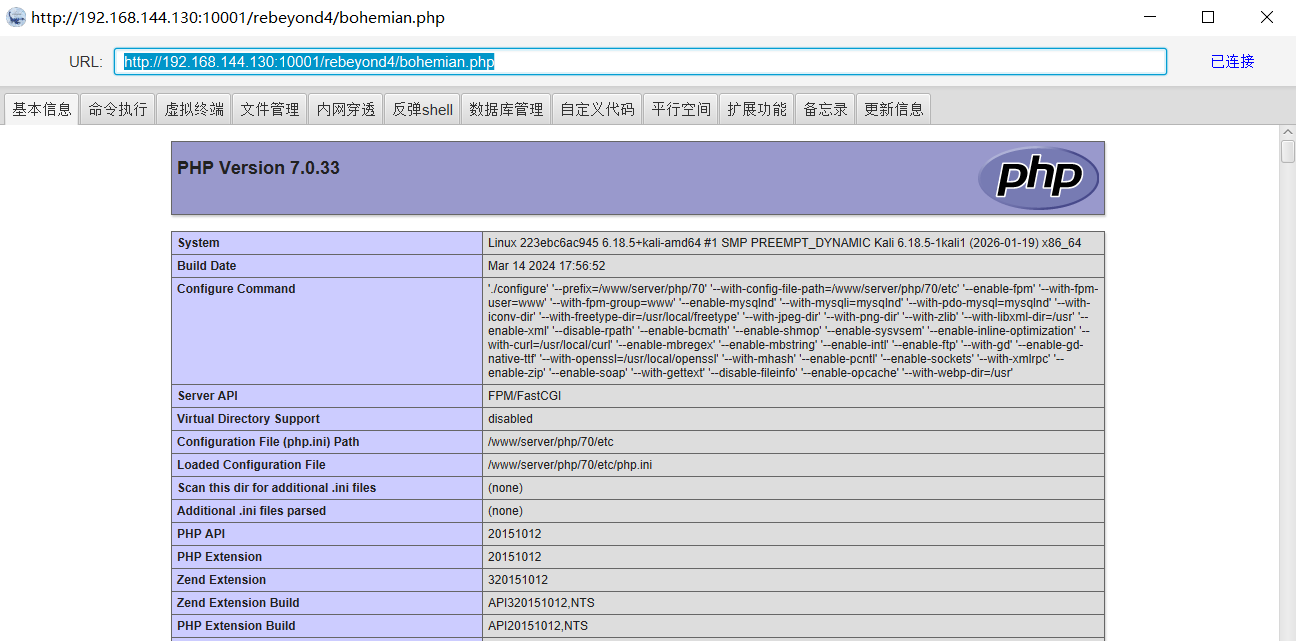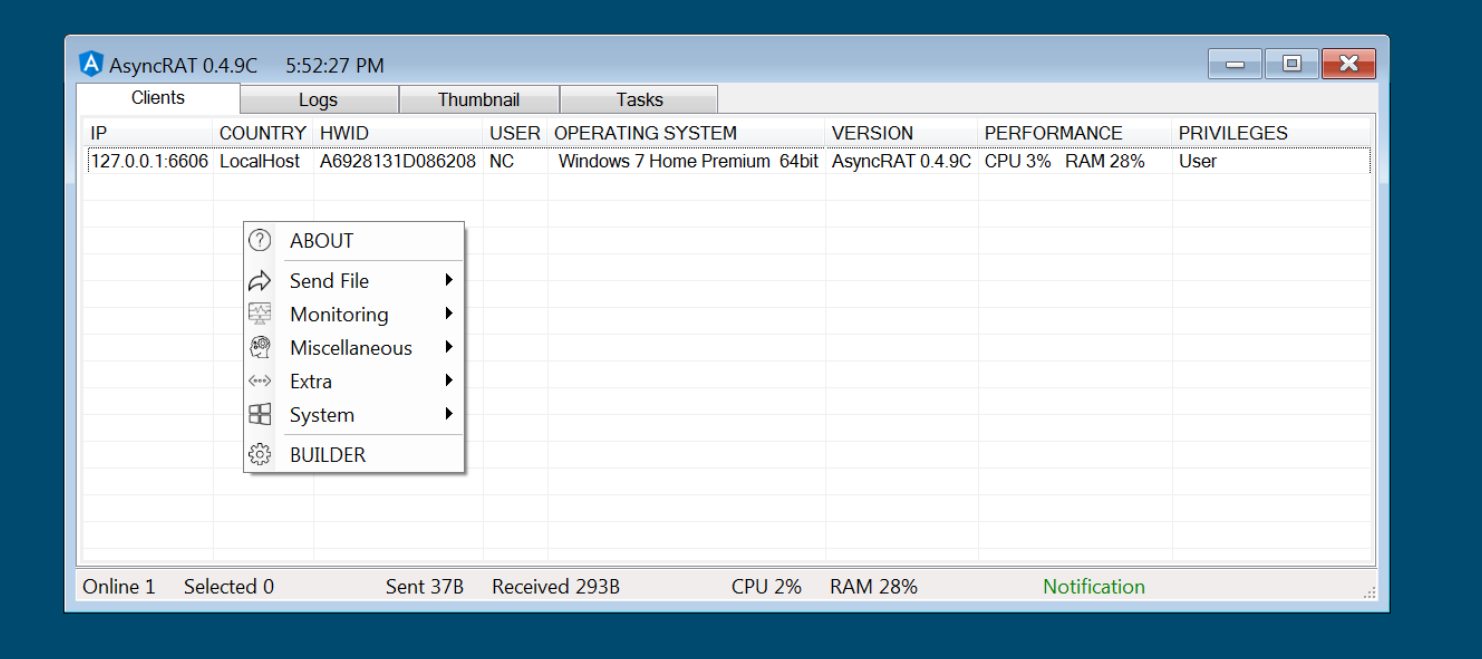1
2
3
4
5
6
7
8
9
10
11
12
13
14
15
16
17
18
19
20
21
22
23
24
25
26
27
28
29
30
31
32
33
34
35
36
37
38
39
40
41
42
43
44
45
46
47
48
49
50
51
52
53
54
55
56
57
58
59
60
61
62
63
64
65
66
67
68
69
70
71
72
73
74
75
76
77
78
79
80
81
82
83
84
85
86
87
88
89
90
91
92
93
94
95
96
97
98
99
100
101
102
103
104
105
106
107
108
109
110
111
112
113
114
115
116
117
118
119
120
121
122
123
124
125
126
127
128
129
130
131
132
133
134
135
136
137
138
139
140
141
142
143
144
145
146
147
148
149
150
151
152
153
154
155
156
157
158
159
160
161
162
163
164
165
166
167
168
169
170
171
172
173
174
175
176
177
178
179
180
181
182
183
184
185
186
187
188
189
190
191
192
193
194
195
196
197
198
199
200
201
202
203
204
205
206
207
208
209
210
211
212
213
214
215
216
217
218
219
220
221
222
223
224
225
226
227
228
229
230
231
232
233
234
235
236
237
238
239
240
241
242
243
244
245
246
247
248
249
250
251
252
253
254
255
256
257
258
259
260
261
262
263
264
265
266
267
268
269
270
271
272
273
274
275
276
277
278
279
280
281
282
283
284
285
286
287
288
289
290
291
292
293
294
295
296
297
298
299
300
301
302
303
304
305
306
307
308
309
310
311
312
313
314
315
316
317
318
319
320
321
322
323
324
325
326
327
328
| import time
time.clock = time.time
debug = True
strict = False
helpful_only = True
dimension_min = 7
def helpful_vectors(BB, modulus):
nothelpful = 0
for ii in range(BB.dimensions()[0]):
if BB[ii,ii] >= modulus:
nothelpful += 1
def matrix_overview(BB, bound):
for ii in range(BB.dimensions()[0]):
a = ('%02d ' % ii)
for jj in range(BB.dimensions()[1]):
a += '0' if BB[ii,jj] == 0 else 'X'
if BB.dimensions()[0] < 60:
a += ' '
if BB[ii, ii] >= bound:
a += '~'
def remove_unhelpful(BB, monomials, bound, current):
if current == -1 or BB.dimensions()[0] <= dimension_min:
return BB
for ii in range(current, -1, -1):
if BB[ii, ii] >= bound:
affected_vectors = 0
affected_vector_index = 0
for jj in range(ii + 1, BB.dimensions()[0]):
if BB[jj, ii] != 0:
affected_vectors += 1
affected_vector_index = jj
if affected_vectors == 0:
BB = BB.delete_columns([ii])
BB = BB.delete_rows([ii])
monomials.pop(ii)
BB = remove_unhelpful(BB, monomials, bound, ii-1)
return BB
elif affected_vectors == 1:
affected_deeper = True
for kk in range(affected_vector_index + 1, BB.dimensions()[0]):
if BB[kk, affected_vector_index] != 0:
affected_deeper = False
if affected_deeper and abs(bound - BB[affected_vector_index, affected_vector_index]) < abs(bound - BB[ii, ii]):
BB = BB.delete_columns([affected_vector_index, ii])
BB = BB.delete_rows([affected_vector_index, ii])
monomials.pop(affected_vector_index)
monomials.pop(ii)
BB = remove_unhelpful(BB, monomials, bound, ii-1)
return BB
return BB
"""
Returns:
* 0,0 if it fails
* -1,-1 如果 "strict=true",并且行列式不受约束
* x0,y0 the solutions of `pol`
"""
def boneh_durfee(pol, modulus, mm, tt, XX, YY):
"""
Boneh and Durfee revisited by Herrmann and May
在以下情况下找到解决方案:
* d < N^delta
* |x|< e^delta
* |y|< e^0.5
每当 delta < 1 - sqrt(2)/2 ~ 0.292
"""
PR.<u, x, y> = PolynomialRing(ZZ)
Q = PR.quotient(x*y + 1 - u)
polZ = Q(pol).lift()
UU = XX*YY + 1
gg = []
for kk in range(mm + 1):
for ii in range(mm - kk + 1):
xshift = x^ii * modulus^(mm - kk) * polZ(u, x, y)^kk
gg.append(xshift)
gg.sort()
monomials = []
for polynomial in gg:
for monomial in polynomial.monomials():
if monomial not in monomials:
monomials.append(monomial)
monomials.sort()
for jj in range(1, tt + 1):
for kk in range(floor(mm/tt) * jj, mm + 1):
yshift = y^jj * polZ(u, x, y)^kk * modulus^(mm - kk)
yshift = Q(yshift).lift()
gg.append(yshift)
for jj in range(1, tt + 1):
for kk in range(floor(mm/tt) * jj, mm + 1):
monomials.append(u^kk * y^jj)
nn = len(monomials)
BB = Matrix(ZZ, nn)
for ii in range(nn):
BB[ii, 0] = gg[ii](0, 0, 0)
for jj in range(1, ii + 1):
if monomials[jj] in gg[ii].monomials():
BB(UU,XX,YY)
if helpful_only:
BB = remove_unhelpful(BB, monomials, modulus^mm, nn-1)
nn = BB.dimensions()[0]
if nn == 0:
print ("failure")
return 0,0
if debug:
helpful_vectors(BB, modulus^mm)
det = BB.det()
bound = modulus^(mm*nn)
if det >= bound:
print ("We do not have det < bound. Solutions might not be found.")
print ("Try with highers m and t.")
if debug:
diff = (log(det) - log(bound)) / log(2)
print ("size det(L) - size e^(m*n) = ", floor(diff))
if strict:
return -1, -1
else:
print ("det(L) < e^(m*n) (good! If a solution exists < N^delta, it will be found)")
if debug:
matrix_overview(BB, modulus^mm)
if debug:
print ("optimizing basis of the lattice via LLL, this can take a long time")
BB = BB.LLL()
if debug:
print ("LLL is done!")
if debug:
print ("在格中寻找线性无关向量")
found_polynomials = False
for pol1_idx in range(nn - 1):
for pol2_idx in range(pol1_idx + 1, nn):
PR.<w,z> = PolynomialRing(ZZ)
pol1 = pol2 = 0
for jj in range(nn):
pol1 += monomials[jj](w*z+1,w,z) * BB[pol1_idx, jj] / monomials[jj](UU,XX,YY)
pol2 += monomials[jj](w*z+1,w,z) * BB[pol2_idx, jj] / monomials[jj](UU,XX,YY)
PR.<q> = PolynomialRing(ZZ)
rr = pol1.resultant(pol2)
if rr.is_zero() or rr.monomials() == :
continue
else:
print ("found them, using vectors", pol1_idx, "and", pol2_idx)
found_polynomials = True
break
if found_polynomials:
break
if not found_polynomials:
print ("no independant vectors could be found. This should very rarely happen...")
return 0, 0
rr = rr(q, q)
soly = rr.roots()
if len(soly) == 0:
print ("Your prediction (delta) is too small")
return 0, 0
soly = soly[0][0]
ss = pol1(q, soly)
solx = ss.roots()[0][0]
return solx, soly
def example():
start =time.clock()
size=512
length_N = 2*size;
ss=0
s=70;
M=1
delta = 299/1024
for i in range(M):
N = 64421669931279763032337930351371074312763623230334264672272991963587968145469789623226631192910548697947848779021944177739911084383786634595255436873350170397825307930618697902052402139072111389681839113510986333829074390665317265603346122882832568330112945567680656219994967593371244275156478322204419261819
e = 31010691142874094705557092175690153458422282630834301371323563655985170293061551914791533335820551677589839843761852199680128997193432075880230502409814741638209947794142932041357373199521605405986705517942961028228255066560857365694517578822510622110740926010357756915595155038827023753366174321207668419113
c = 44228757856694834445202355486356318880471120936109992694489050154150768403667631244534149277159399976972028214341072460353357561691320731420869678207365539080035139895735181119706727564445399237943178679966032596522818504363414526390960660239215638736706163678206959509331192083842100728618312517781111784803
hint1 = 597218086872775768003
hint2 = 836339982627318976124
m = 7
t = round(((1-2*delta) * m))
X = floor(N^delta)
Y = floor(N^(1/2)/2^s)
for l in range(int(hint1),int(hint1)+1):
print('\n\n\n l=',l)
pM=l;
p0=pM*2^(size-s)+2^(size-s)-1;
q0=N/p0;
qM=int(q0/2^(size-s))
A = N + 1-pM*2^(size-s)-qM*2^(size-s);
P.<x,y> = PolynomialRing(ZZ)
pol = 1 + x * (A + y)
if debug:
start_time = time.time()
solx, soly = boneh_durfee(pol, e, m, t, X, Y)
if solx > 0:
if False:
print ("x:", solx)
print ("y:", soly)
d_sol = int(pol(solx, soly) / e)
ss=ss+1
print ("=== solution found ===")
print ("p的高比特为:",l)
print ("q的高比特为:",qM)
print ("d=",d_sol)
if debug:
print("=== %s seconds ===" % (time.time() - start_time))
print("ss=",ss)
end=time.clock()
print('Running time: %s Seconds'%(end-start))
if __name__ == "__main__":
example()
|




